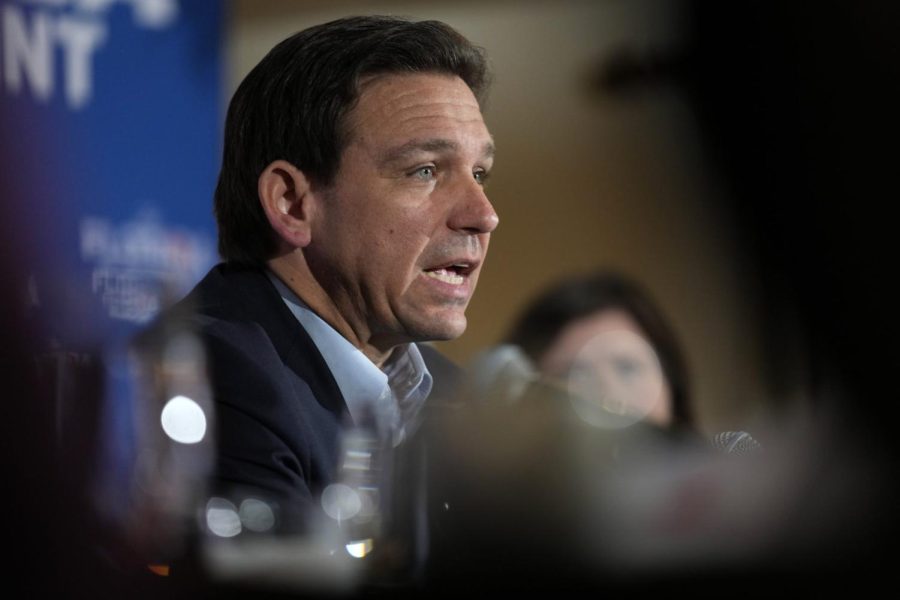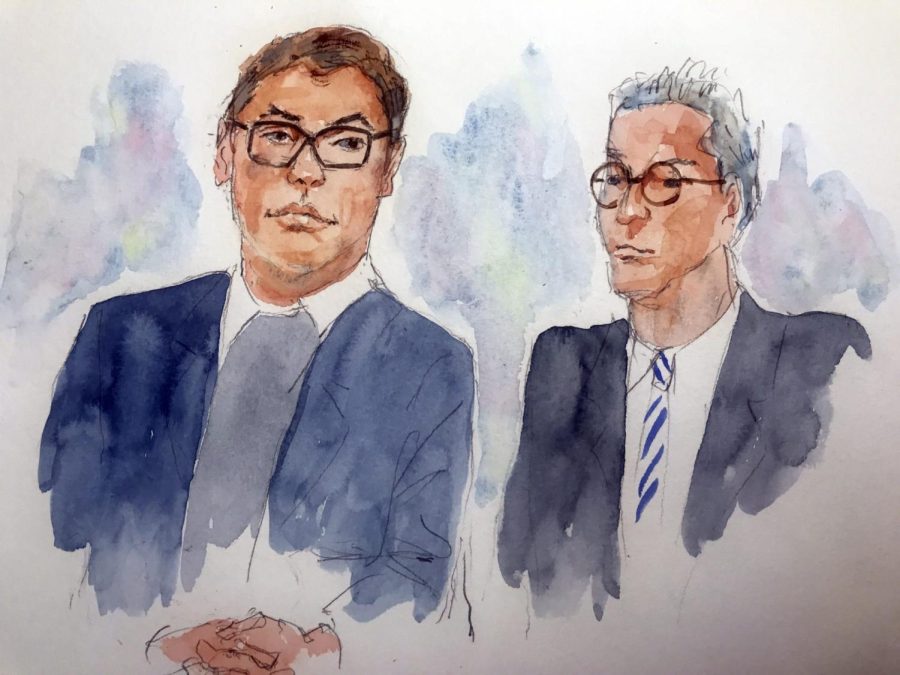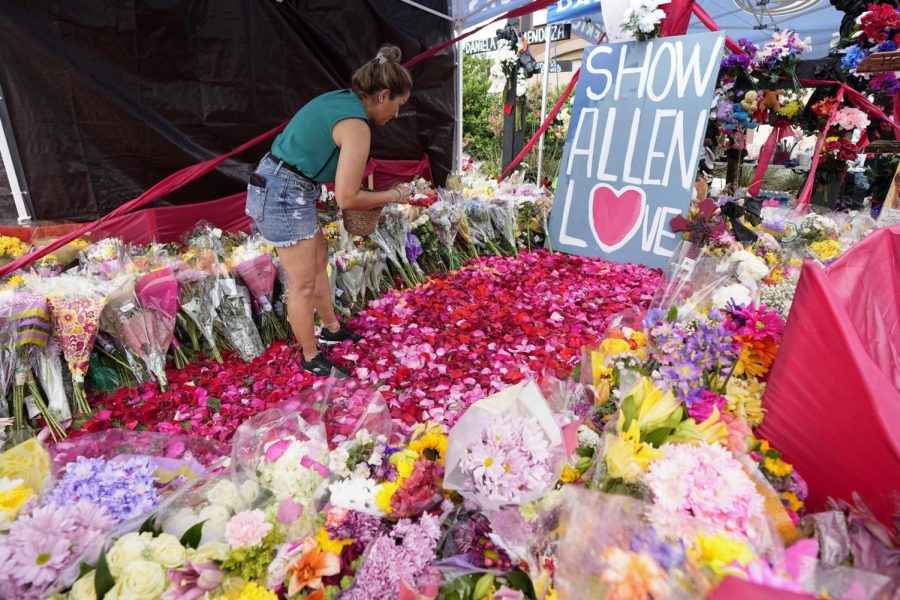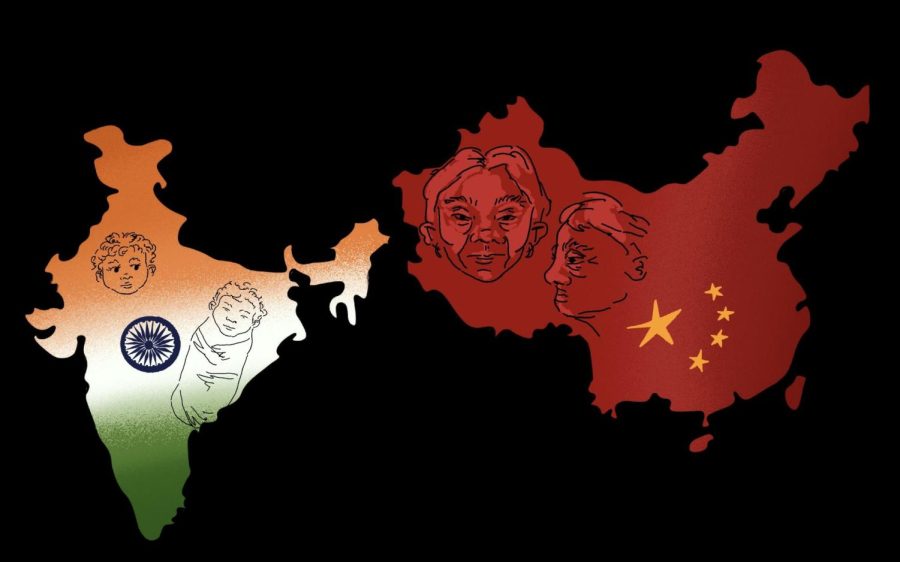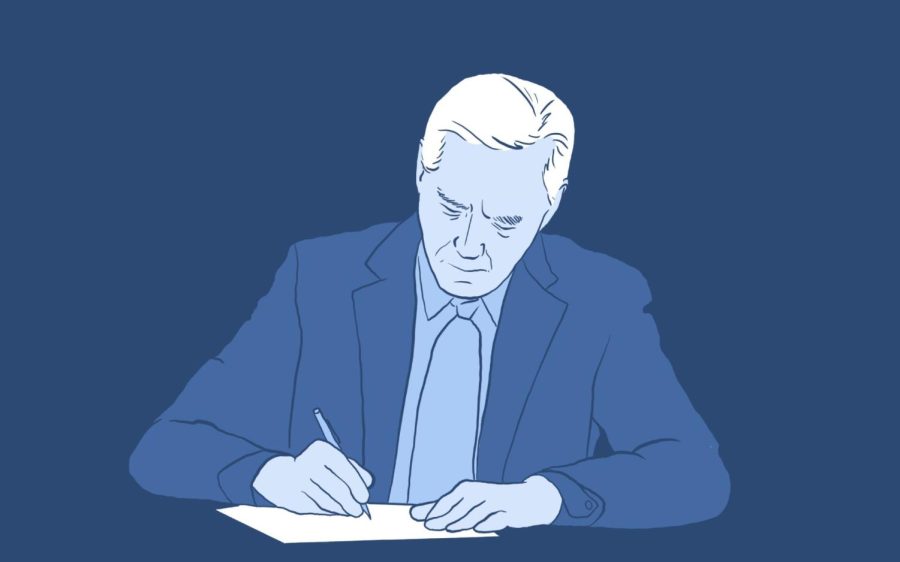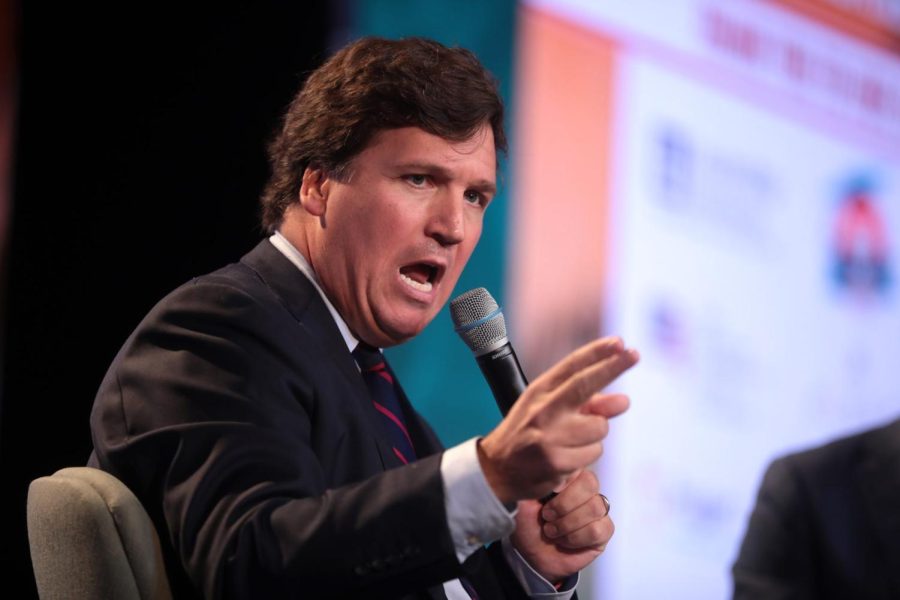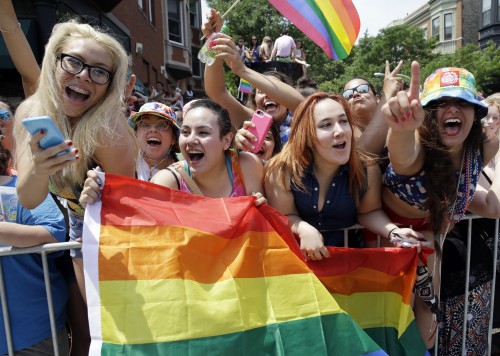
In a 5-4 decision, the Supreme Court ruled that same-sex marriage is a constitutional right across the United States. Justice Anthony Kennedy handed down the opinion of the court June 26, before many cities around the country held parades and celebrations for Pride Month.
The Supreme Court heard oral arguments April 28 in the case of Obergefell v. Hodges. The subjects of the petitions were same-sex couples from Michigan, Kentucky, Ohio and Tennessee, states where marriage was defined as a union between opposite genders. Attorney Mary Bonauto argued that laws against same-sex marriage are used to demean gay people in society and were in contrast with the 14th amendment.
“When I found out about the ruling, I almost didn’t believe it,” Autumn Aragon said. “I wasn’t aware the ruling was that day and with the mess that was going on Indiana it seemed like it wasn’t going to happen anytime soon. I was brought to tears when I realized just what happened that day.”
Aragon was in New York City the day of the ruling with her improvisational comedy group, which is made up of DePaul students. The group was going to get ice cream when they heard a crowd chanting “It’s about f-ing (sic) time!”
The group was standing outside the Stonewall Inn, the location of the Stonewall Riots of 1969. The riots are considered the starting point for the gay liberation movement and the modern fight for LGBT rights in the United States.
“I was almost brought to tears. Not only being in this place where there was so much history, but to be there on this historic day was just really beautiful,” Aragon said. “It really put me into perspective of how far we’ve come and how important that day was.”
Many people across the country have been celebrating the ruling over the weekend at Pride parades, with friends and on social media with the hashtags “#Loveislove” and “#Lovewins.”
Despite the overwhelming sense of accomplishment in the fight for LGBT equality, not every member of the LGBT community believes this was the ruling they needed.
“This is a step that may help lend credibility in mainstream culture to LGBTQ+ people, but there’s been fierce debate for decades over whether that’s what we necessarily want,” Ally George, who identifies as queer, said. “Marriage will not prevent trans women of color from being murdered for not passing well enough, and it will not protect queer youth from family rejection and homelessness.”
George graduated from DePaul with a degree in International studies and specialized in the commodification of the gay identity in a capitalist environment. She does not believe in the worth of marriage as an institution centered on love, rather an institution designed to protect wealth and property from others, but she does believe there are significant legal benefits to the Supreme Court ruling.
“The important thing that this case does is that it could force state institutions like Medicare, the Social Security Administration and the military to provide partners with the benefits that they would automatically be entitled to if they were another gender,” George said.


